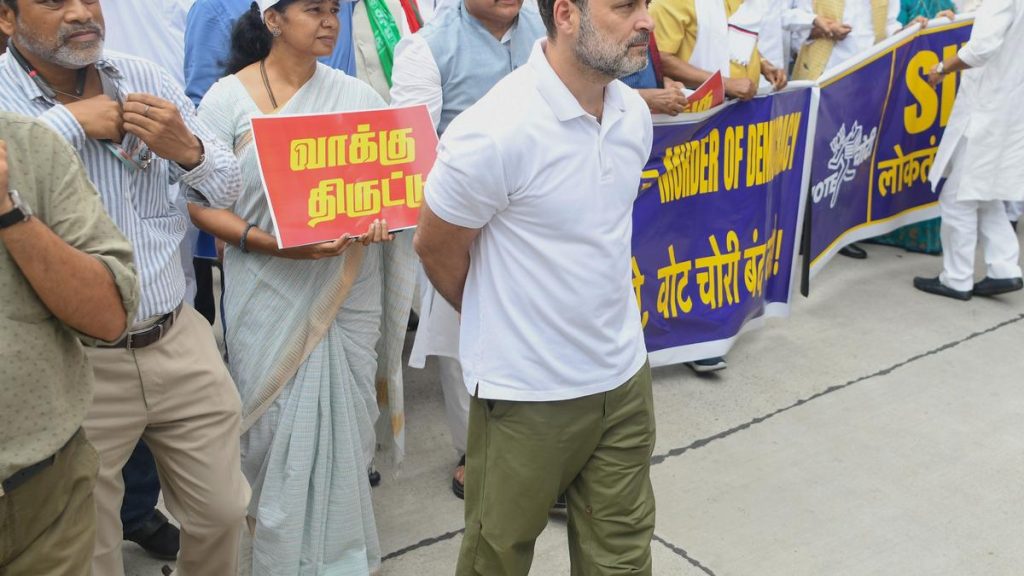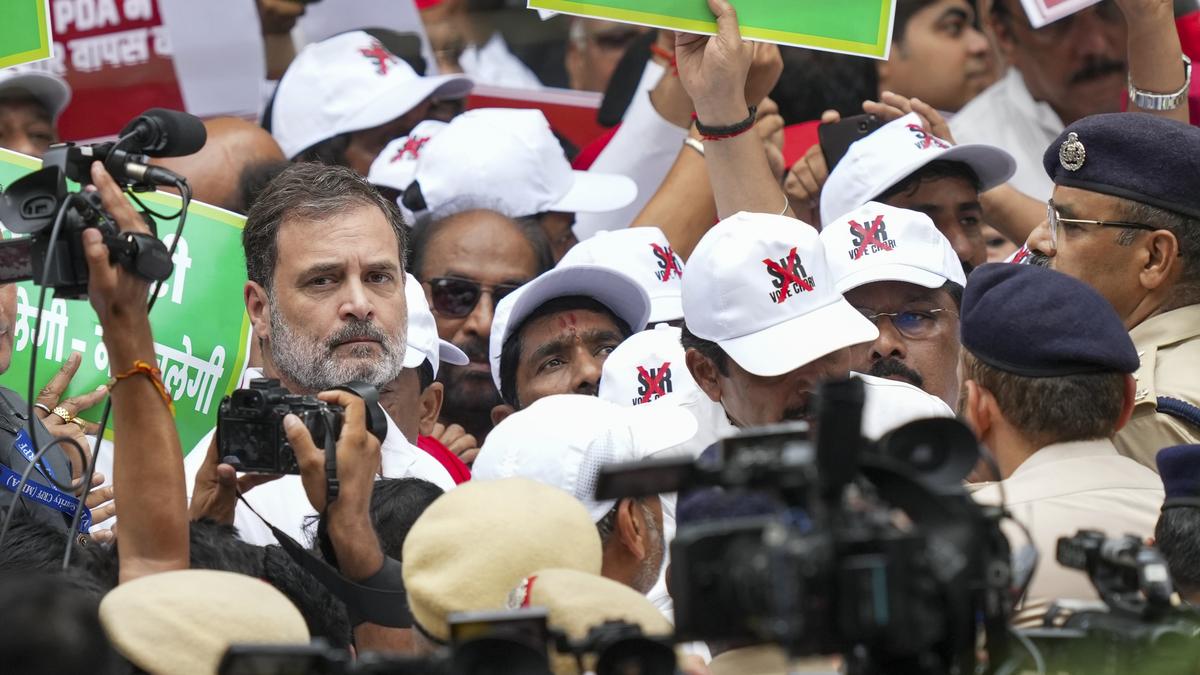Now Reading: Google-CCI Clash: Implications of the Android Antitrust Case for India’s Digital Future
-
01
Google-CCI Clash: Implications of the Android Antitrust Case for India’s Digital Future
Google-CCI Clash: Implications of the Android Antitrust Case for India’s Digital Future
Swift Summary:
- On August 8, 2025, the Supreme Court admitted Alphabet Inc.’s appeal against a National Company Law Appellate Tribunal (NCLAT) ruling that partially upheld the Competition Commission of India’s (CCI) findings on Google’s anti-competitive practices in the android ecosystem.
- The case involves complaints that Google abused it’s dominant position to enforce mandatory use of its payment billing system (GPBS), bundle proprietary apps on android devices, and exempt its own services (YouTube) from certain restrictions.
- CCI had fined Google ₹936.44 crore and imposed remedies like decoupling payment systems from Play Store access and ensuring data clarity, though this fine was reduced by NCLAT to ₹216.69 crore along with modifications to some directives.
- The Supreme Court will also hear related petitions from CCI and Alliance Digital India Foundation (ADIF), representing Indian startups opposed to Big Tech dominance.Hearings are set for November 2025.
- This decision could affect developers’ ability to avoid high commissions, consumer choice in app ecosystems, licensing adaptability for smartphone makers, bargaining power for Indian startups, and Google’s overall global business model.
Indian Opinion Analysis:
The Supreme Court’s upcoming hearings mark a critical juncture not just for India but also globally in regulating dominant digital platforms like Android. With over 95% smartphone market penetration by Android in India and key interests at stake-from app developers seeking fair competition to OEMs desiring flexibility-the legal precedent could substantially redefine platform accountability.
A strong enforcement of the original CCI directions may diversify payment options for developers while boosting local startups’ chances against entrenched monopolies. Though,loosening Google’s controls raises potential risks of ecosystem fragmentation or inconsistent user experiences across device manufacturers.
This case encapsulates broader concerns about balancing innovation with equitable market dynamics-key priorities as India’s digital economy expands rapidly. For consumers alone, increased transparency and competition might promise better pricing structures alongside enhanced privacy safeguards. Regardless of outcome, India’s role as a battleground over Big Tech regulation will likely influence similar frameworks worldwide.
Read more: The Hindu
Images:

























